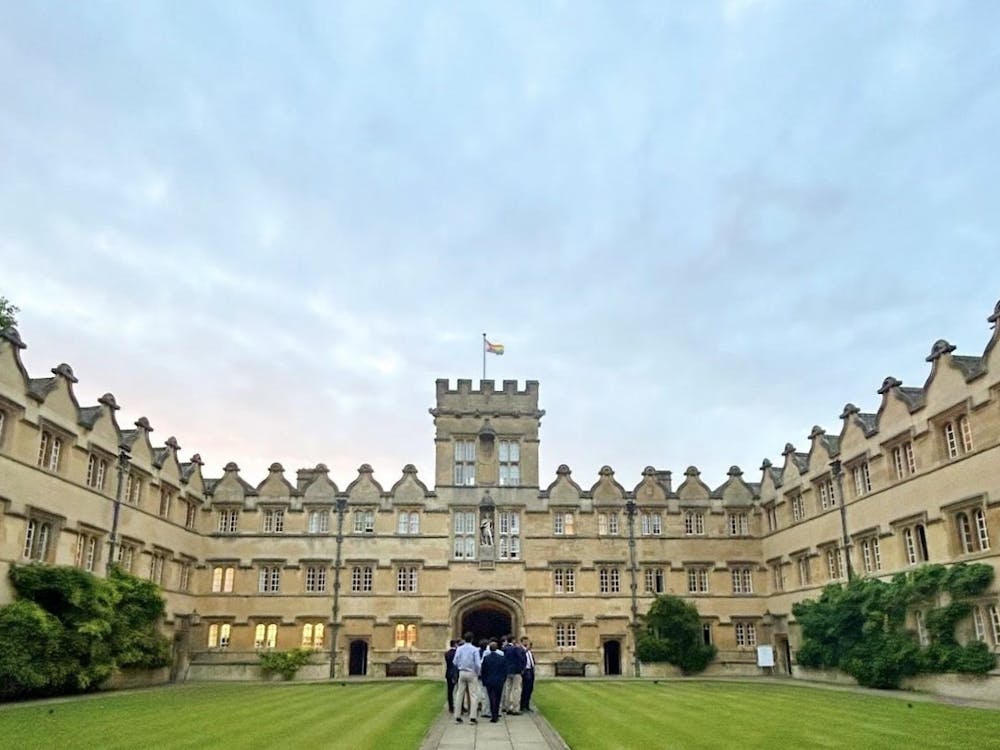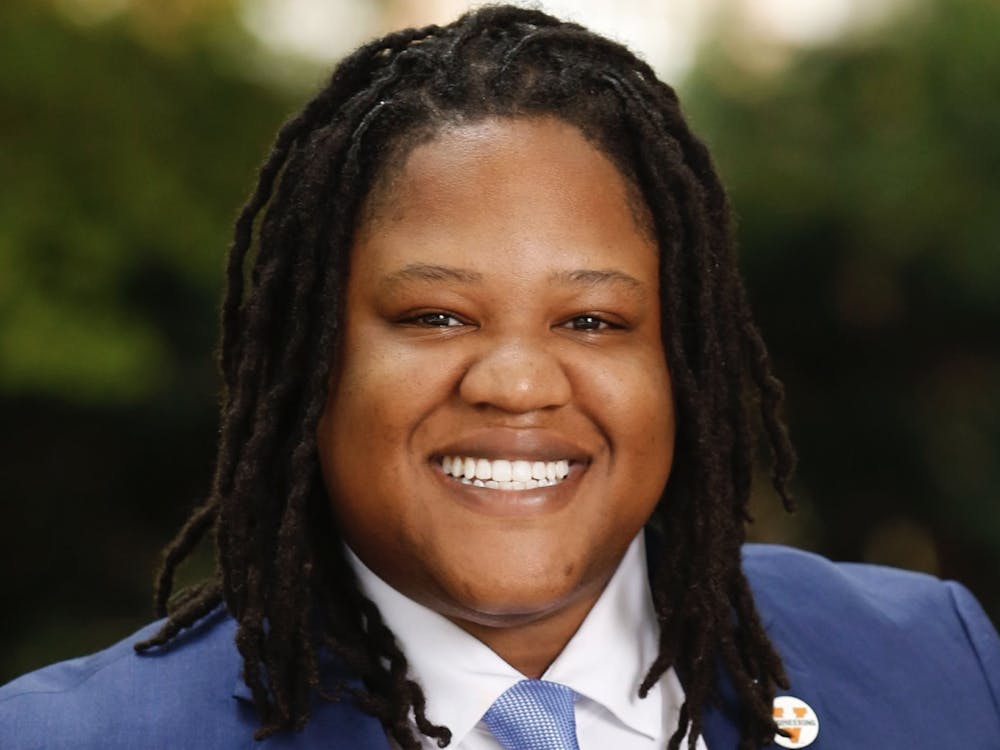White girls next to world monuments, white girls trying “exotic cuisines,” white girls in matching Lilly Pulitzer dresses drinking matching $10 frozen lemonades, an inexplicable number of white girls on the beach — these are the images that have taken over my social media this past week as sorority recruitment begins.
Seemingly overnight, my newsfeed was flooded with links to sorority Facebook pages and Tumblrs and clever photo captions with Greek letters mixed in. Profile pictures have changed to girls’ most-fun-looking memories and cover photos have officially been standardized.
The problem is, despite aspirations to show “the many faces of the sorority,” all of the photo campaigns just manage to display how similar the University’s ISC sororities look: noticeably wealthy and overwhelmingly Caucasian.
“Diverse” isn’t just having brunettes or girls who wear fringe and half-topknots and wide-brimmed hats with their combat boots at music festivals. It isn’t having some pictures of girls in flannels or girls without makeup. And I’m sorry to ruin every rush pitch ever given, but “diverse” doesn’t just mean having girls with different majors who are involved in different clubs.
If sororities are truly meant to develop women into strong leaders, or even social organizations meant to introduce women to new people, then why isn’t racial and socioeconomic diversity a priority? How much could sorority women gain if they were introduced to a greater variety of perspectives and life experiences?
To be fair, the homogeneity of ISC sororities is not a direct fault of the chapters themselves. Rush is a mutual selection process, and despite concerns that white or wealthy potential new members may have an advantage, there is also a concerning lack of diversity overall in the pool of potential new members.
Part of this problem may be attributable to University-wide race relations and diversity problems. Minority enrollment has dropped in the last several years — discounting a small uptick from 2013 to 2014 — and Black students in particular have voiced feelings of exclusion from primarily white spaces, including glorified organizations such as the Honor Committee, Corner businesses and Rugby Road and ISC/IFC organizations.
In socioeconomic terms, major cuts to Access UVA have left many potential students unable to attend the University while increasing financial pressure on those already receiving aid. This leads to another recruitment issue: sororities can be overwhelmingly costly at face value. But while us sorority women are happy to tell the world how much we are #obsessedwithmylittle, sororities often fail to advertise the many chapter and ISC scholarships, payment plans and grants available to fund memberships.
With these issues, it is unsurprising that the women who line up in front of chapter houses for formal recruitment in the dead of January are primarily white and wealthy. And from this limited pool of potential members, it is almost inevitable that the newest sorority women will disproportionately represent this demographic, potentially distancing them from the opinions, insight and friendship of other women at the University.
I don’t want sororities to stop advertising themselves, and I don’t want sorority women to be ashamed or defensive about being in a racially homogeneous group, or projecting an accurate picture of their membership. However, I want the system at large to work to change that image. ISC sororities present a microcosm within the University, and the lack of diversity is a symptom of much larger-scale problems. This doesn’t mean there is nothing sorority women can do to create change within the system.
A serious conversation can and should be had regarding the financial accessibility of membership and greater efforts can be made to advertise the financial planning and aid options available. Chapters can actively recruit from populations that are often ignored. Most importantly, sorority women must challenge the notion that the whiteness and wealth of the ISC system is in any way natural or unfixable. A few years from now, when I look up the ISC sorority websites to see what has become of my Greek community, I hope it looks different in some fundamental ways.
Sofia’s column runs biweekly Fridays. She can be reached at s.mckewenmoreno@cavalierdaily.com.




